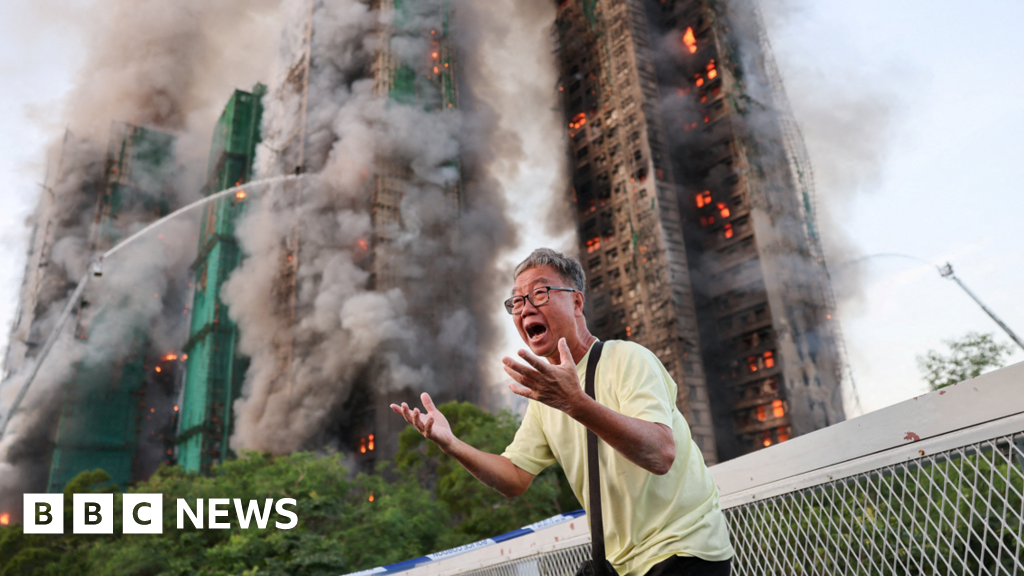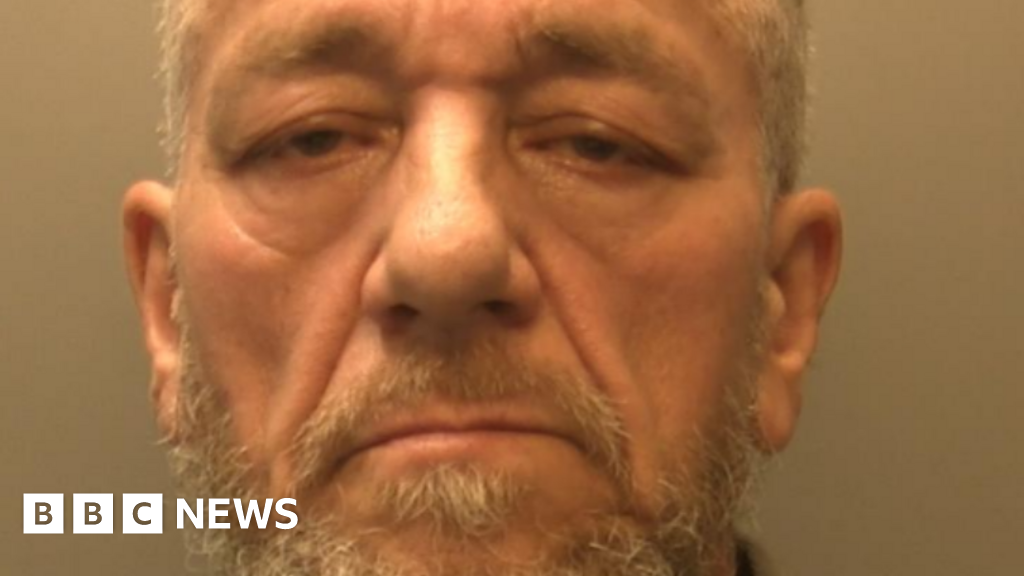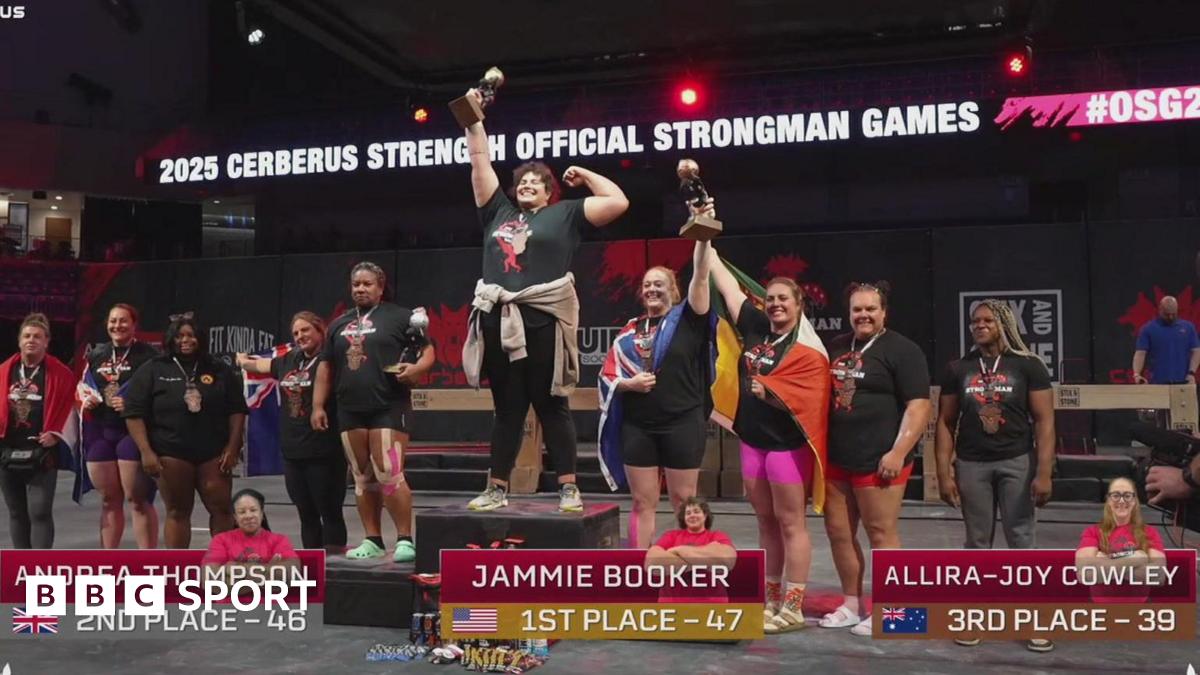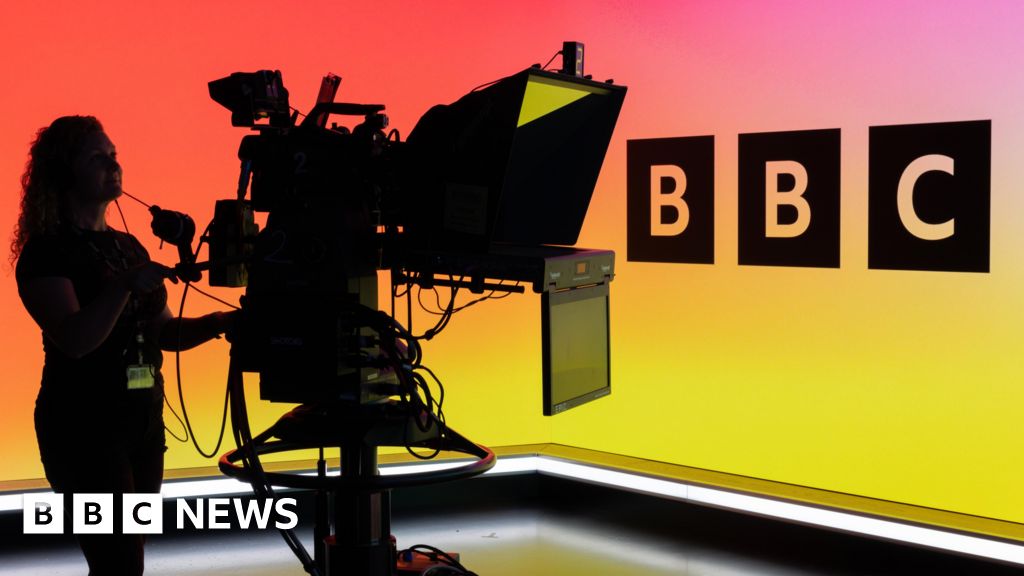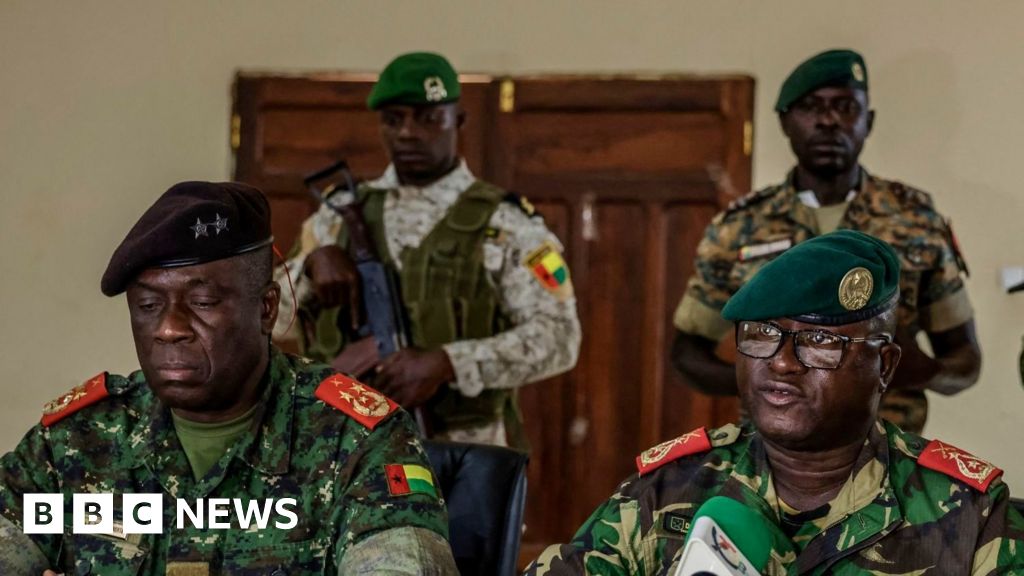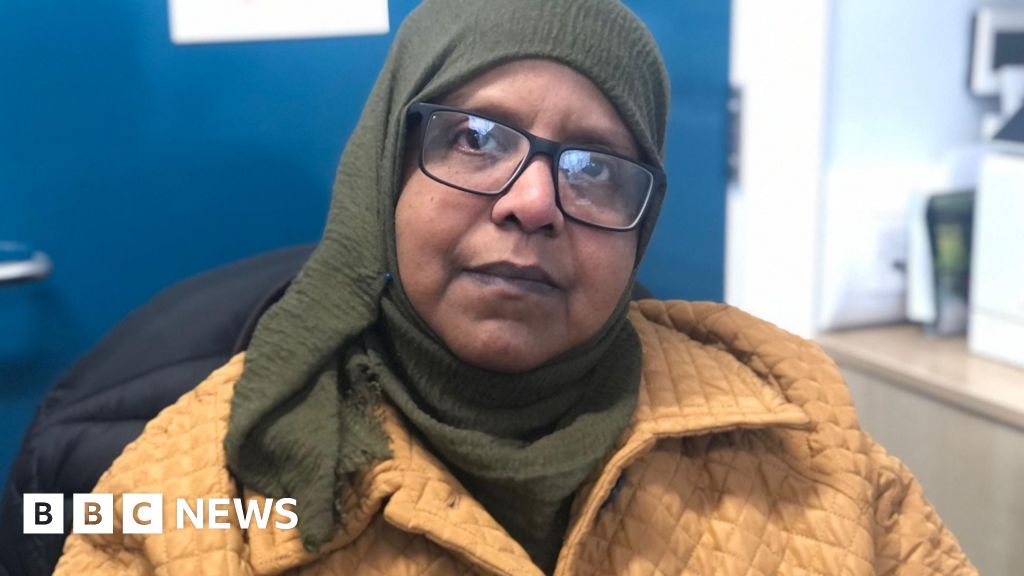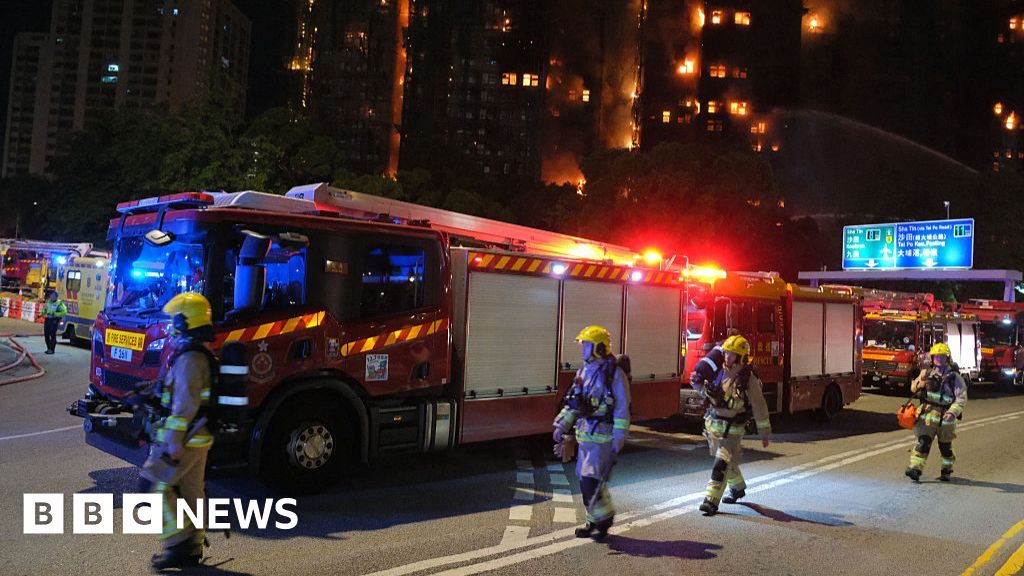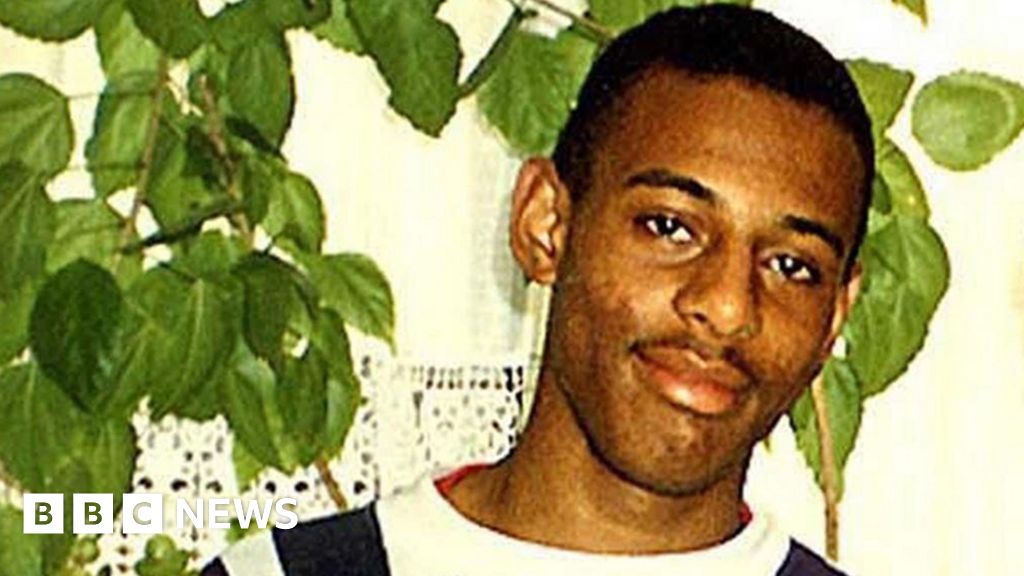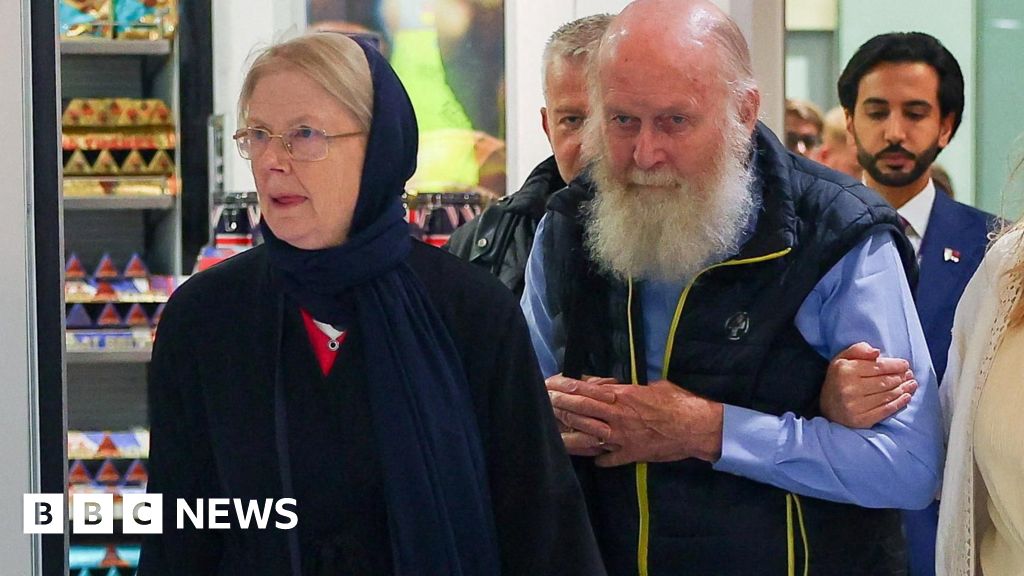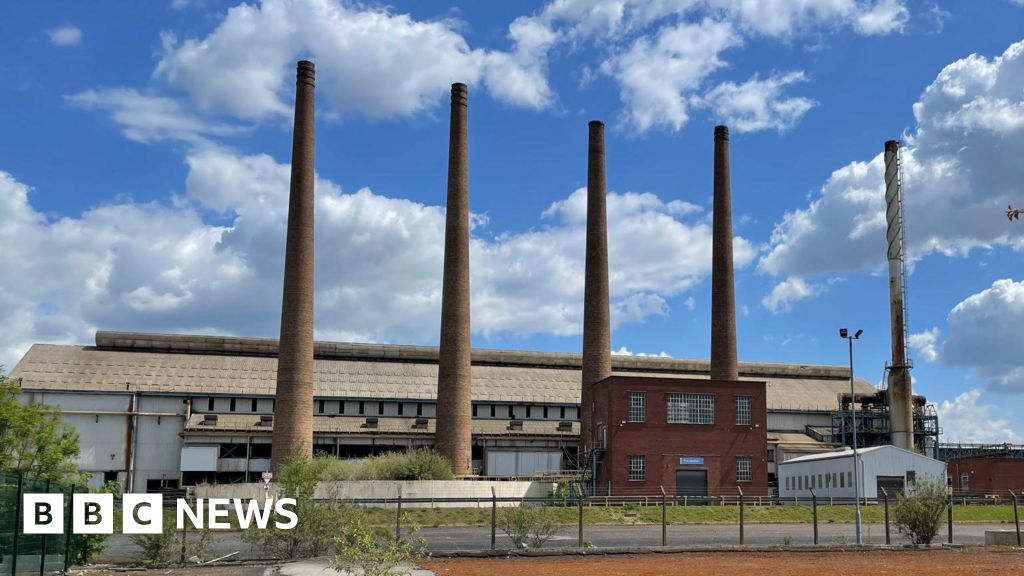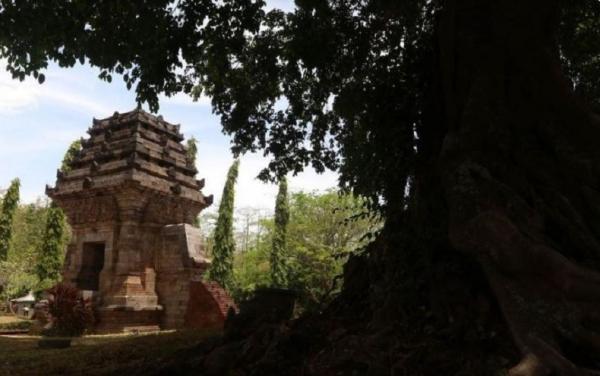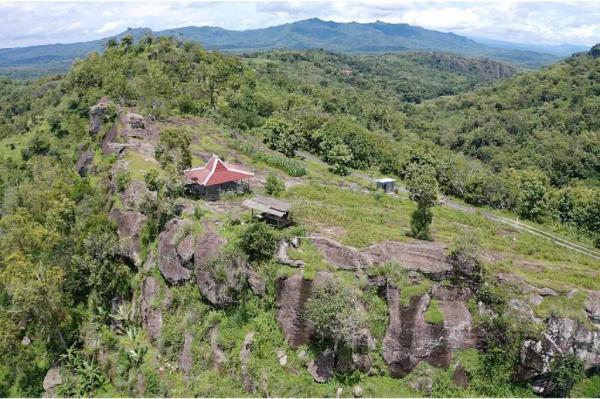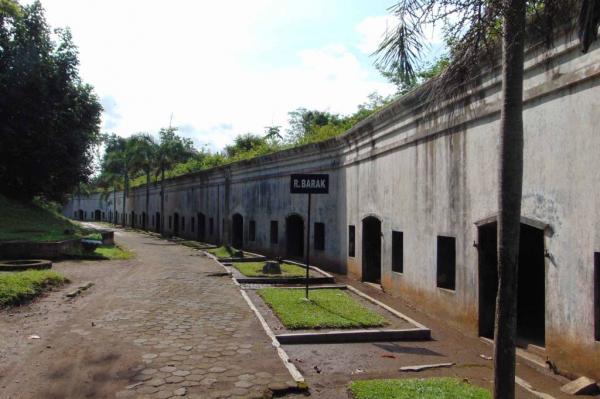Dominic CascianiHome and legal correspondent
Lawyers for Palestine Action have said the group can be compared to the suffragettes, in a challenge against the government's ban.
On the first day of a three day judicial review at the High Court, lawyers for the group's co-founder Huda Ammori said the votes-for-women movement would have faced the same ban if today's laws had been in place more than 100 years ago.
Palestine Action was listed as a proscribed terrorist organisation after causing millions of pounds worth of damage to defence firms.
The then Home Secretary Yvette Cooper proscribed the group after internal Home Office security assessments of its activity.
Raza Husain KC, for Ms Ammori, told the court the ban was unprecedented.
Around 200 people protested peacefully outside during the opening of the challenge - with scores of them silently holding up signs saying "I oppose genocide, I support Palestine Action."
Several sign-holders were then arrested by police. Since the ban, more than 2,100 people have been arrested nationwide for taking part in similar protests.
In court, Mr Husain KC told a panel of three senior judges that, in the entire history of home secretaries using exceptional powers to ban a group under terrorism legislation, no minister had ever proscribed a group for being a "direct action" organisation.
He said that Palestine Action was followed by hundreds of thousands of people on social media before it was banned.
Most of its "actionists" - meaning people who had taken part in protests and alleged vandalism at defence firms and associated companies - had been arrested or charged with standard offences such as criminal damage.
Ministers say that a series of incidents organised by the group went further than minor vandalism, by causing millions of pounds in damage, justifying the decision to ban the group.
"Palestine Action is the first direct action civil disobedience organisation that does not advocate for violence ever to be proscribed as terrorist," Mr Husain KC said.
"Ms Huda Ammori has explained that she was inspired by the long tradition in this country from suffragettes to anti-apartheid activists, to Iraq war activists.
"The suffragettes had resorted to direct action, property damage and even attempted arson at Westminster Abbey."
His written submissions to the court added: "The suffragettes would have been liable to proscription if the Terrorism Act 2000 regime had been in force at the turn of the 20th century."
Ms Ammori's lawyers argue that the ban is unlawful because it disproportionately interferes with the right to freedom of expression and assembly - and the then home secretary failed to consider that impact.
They also argue that Cooper should have consulted the group before banning it and that she failed to take into account her own policy that such a decision had to be proportionate.
Owen Greenhall, another of Ms Ammori's lawyers, argued that the impact of the ban was so wide it had deterred legitimate protest outside a key defence firm that has been targeted by the group since its founding.
Anyone who wanted to take part in such a disruptive protest, as had regularly happened before the ban, would risk being labelled a member of Palestine Action.
The case continues on Thursday, when government lawyers will respond.
In their written submissions to the court, made public on Wednesday, they argue that ministers acted lawfully in identifying incidents which they believed justified a ban under terrorism legislation - and that they did not have to take into account that the vast majority of Palestine Action's activity had fallen short of that test.
The case then returns to court next Tuesday for final submissions, including a secret "closed" hearing for national security reasons.
.png)
 4 hours ago
3
4 hours ago
3


